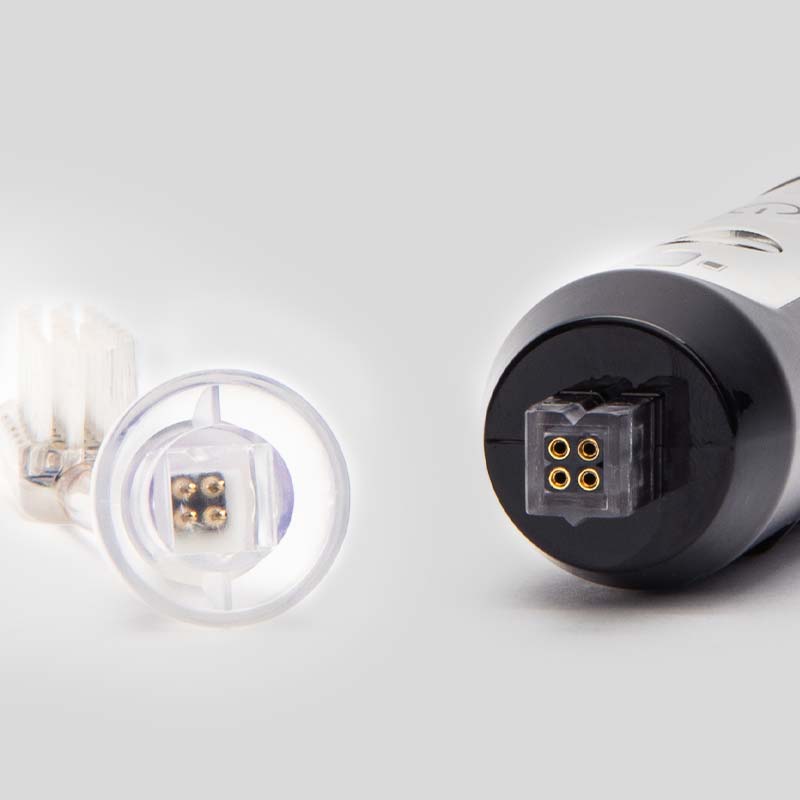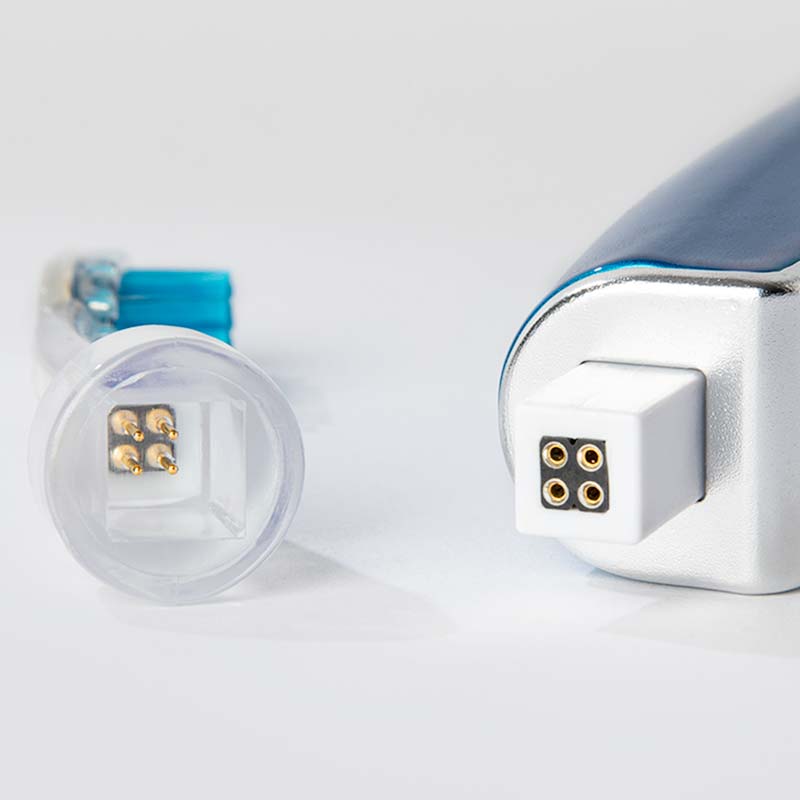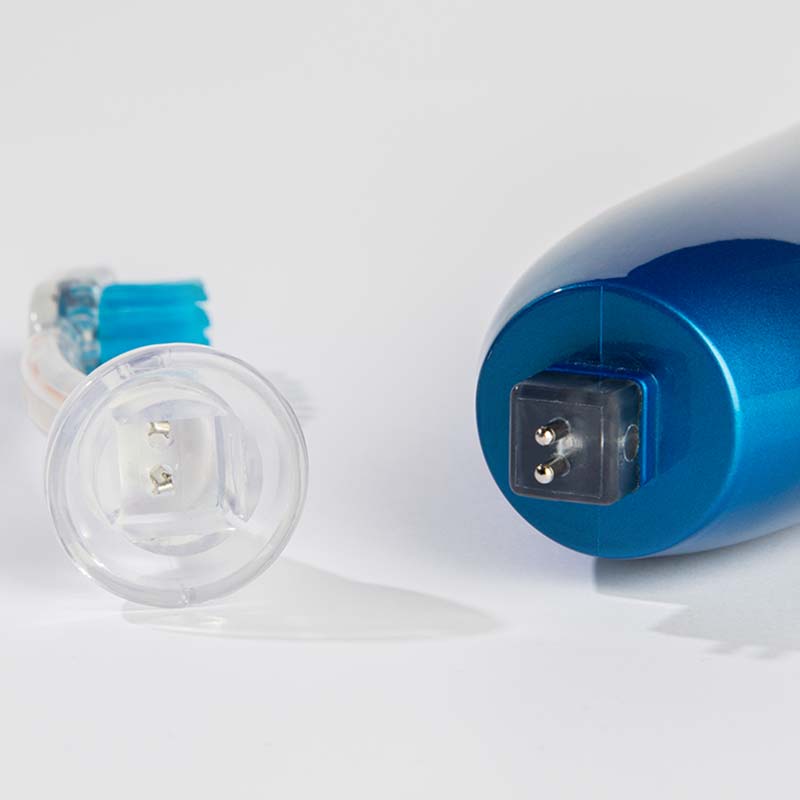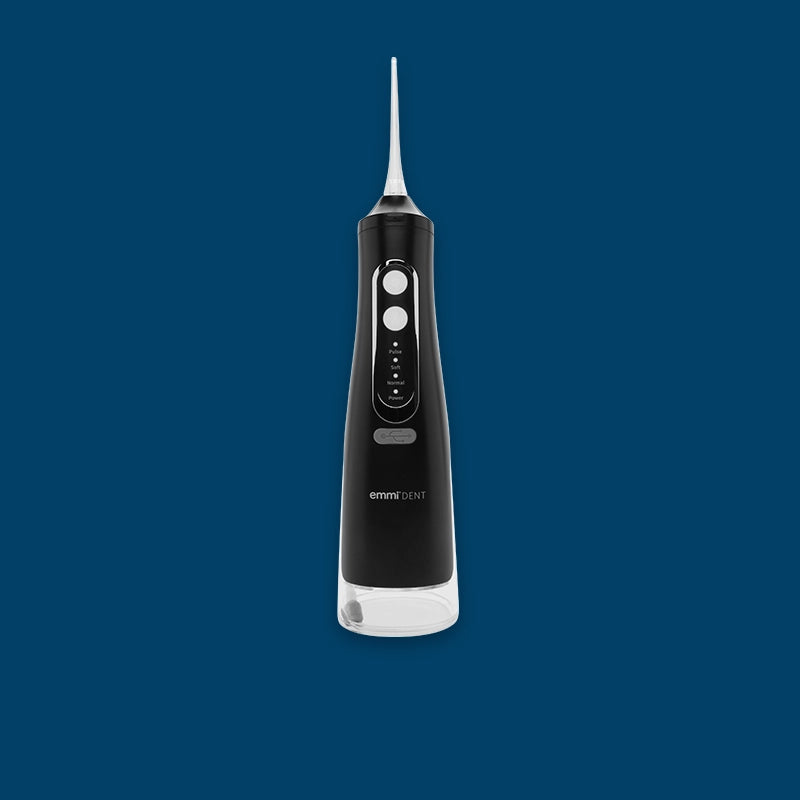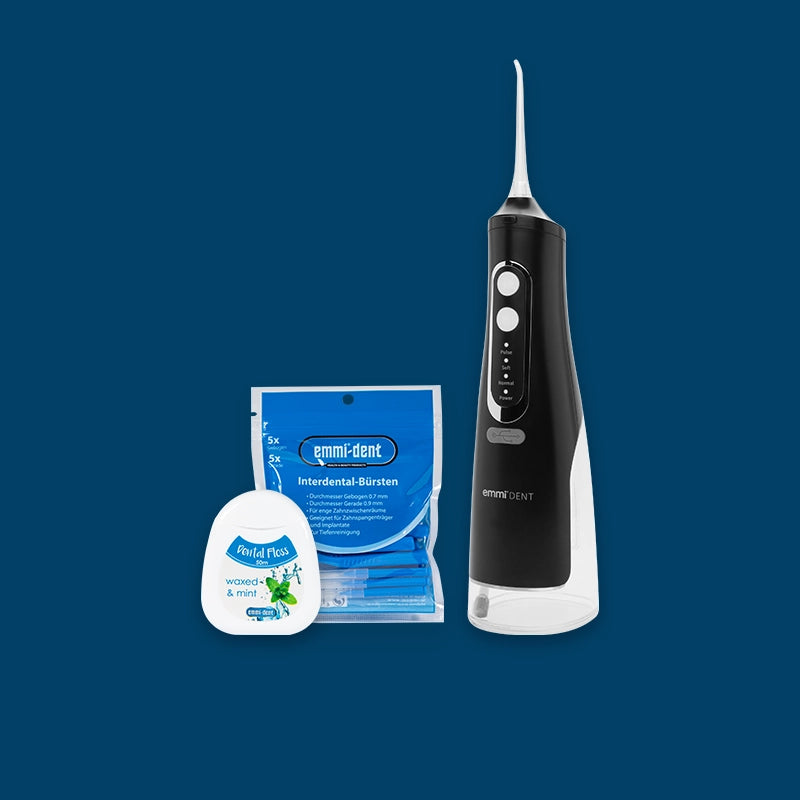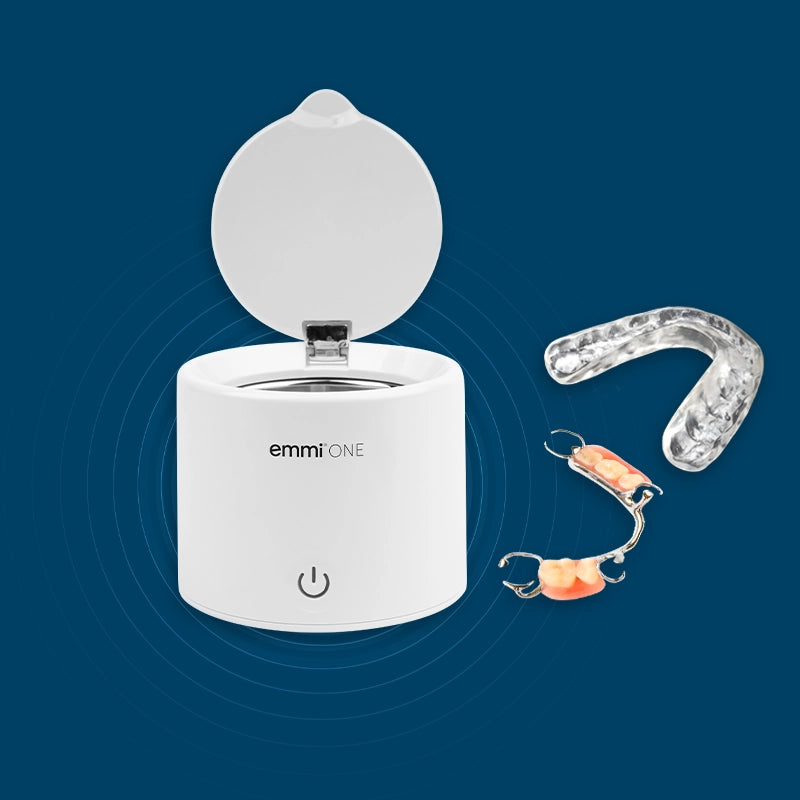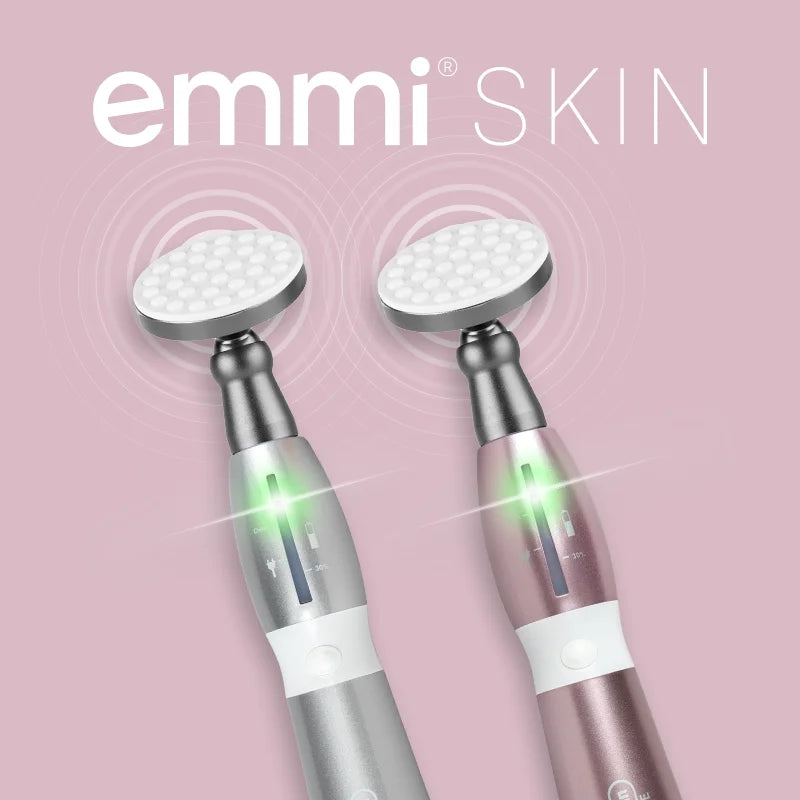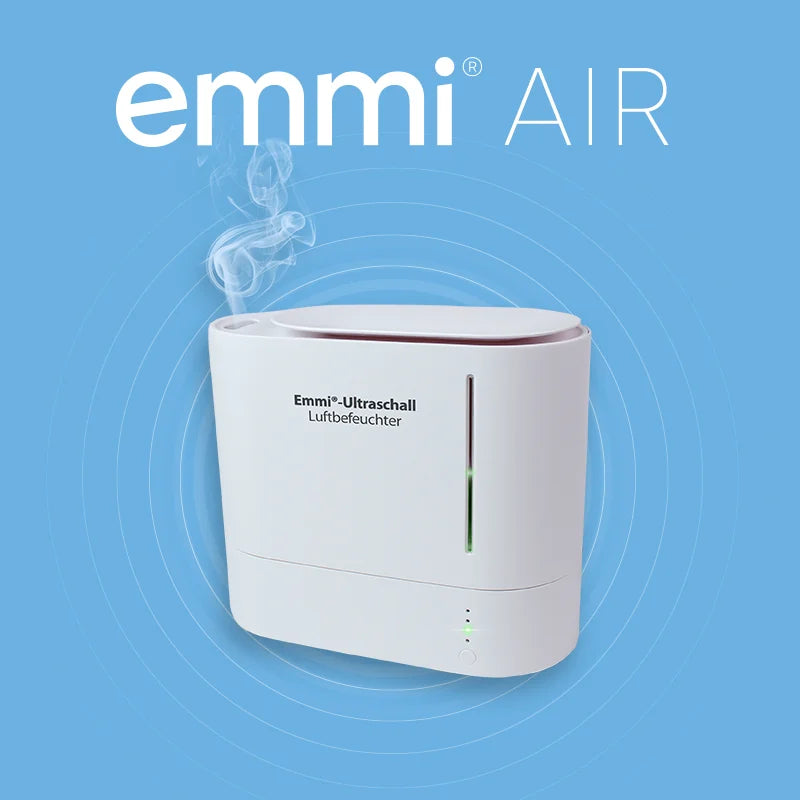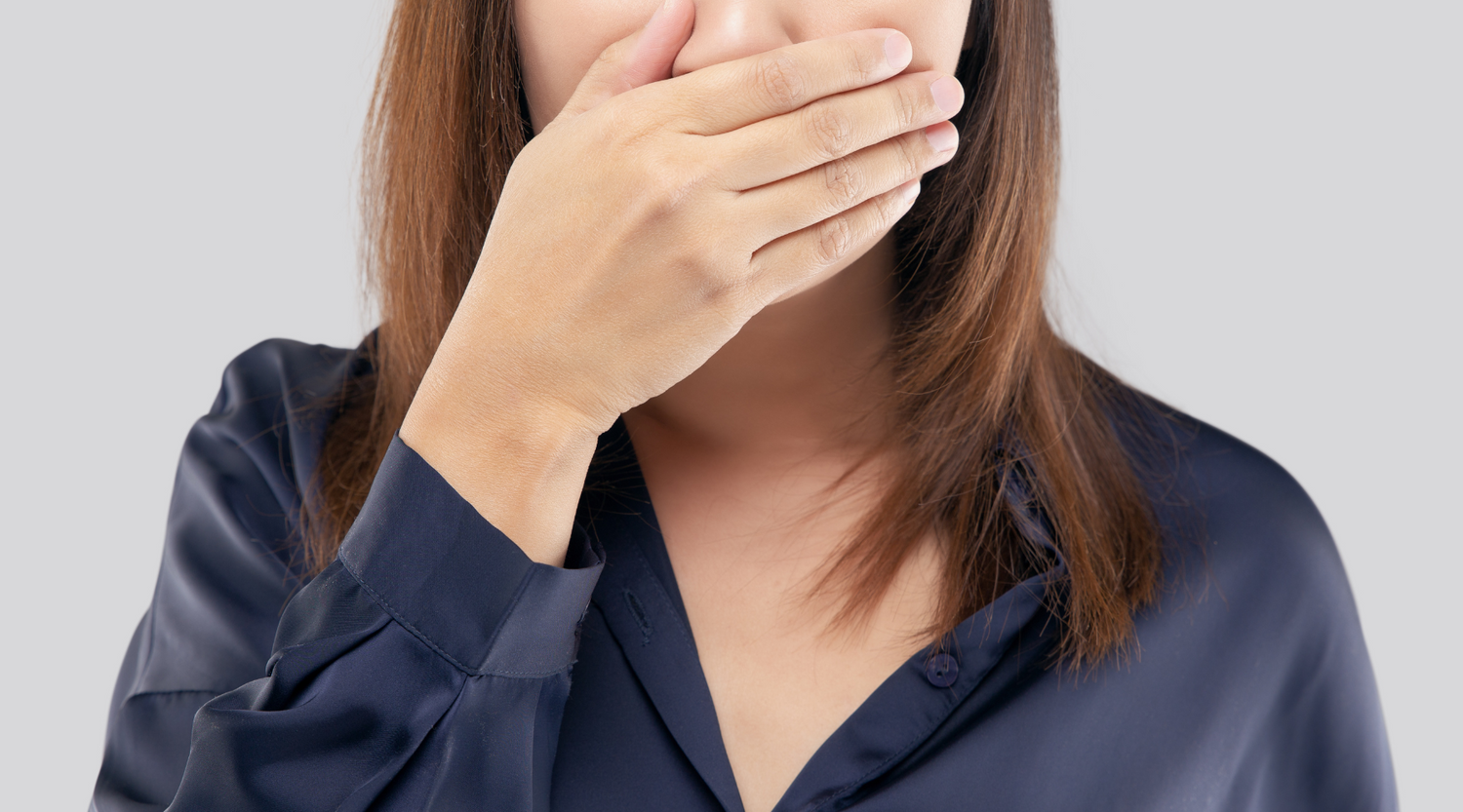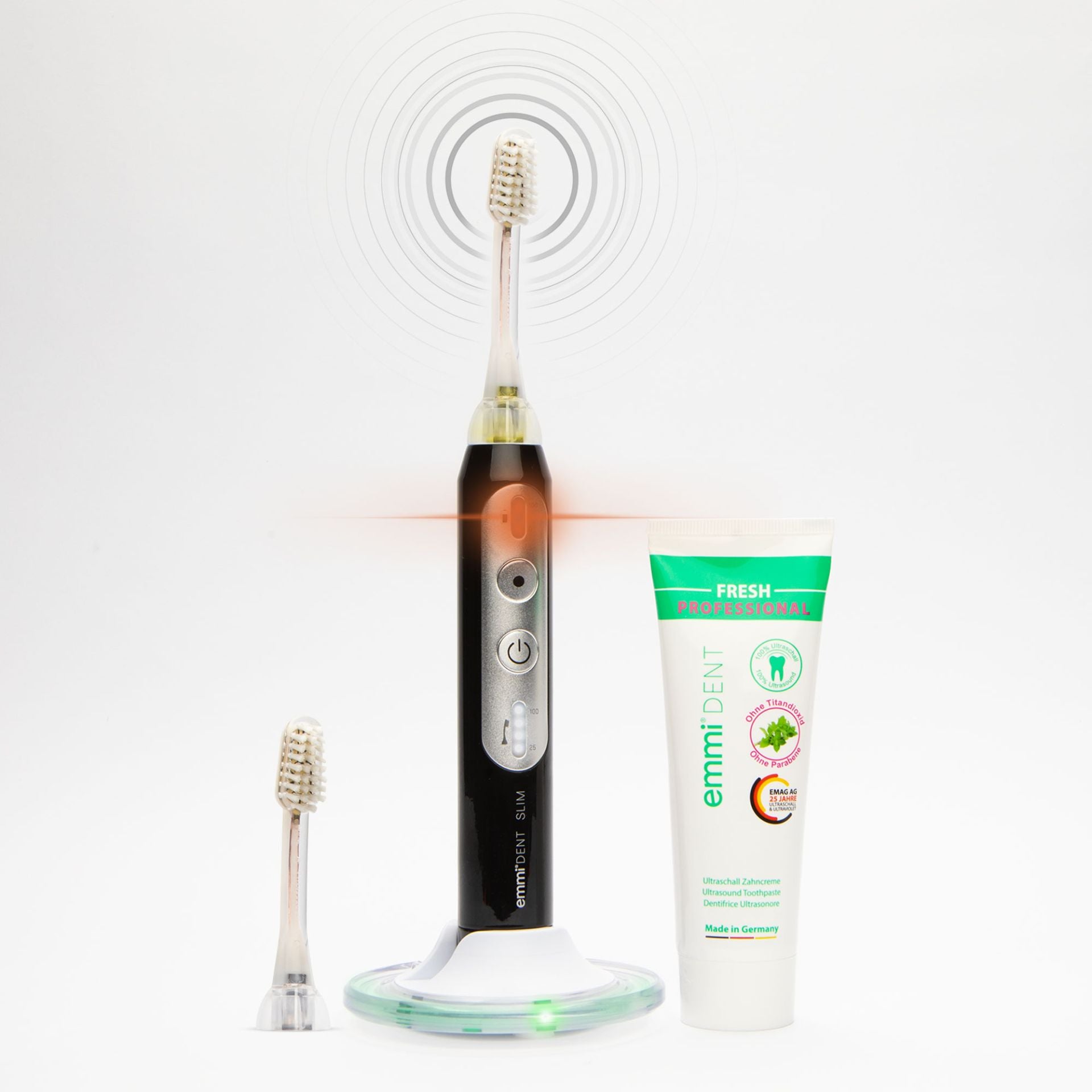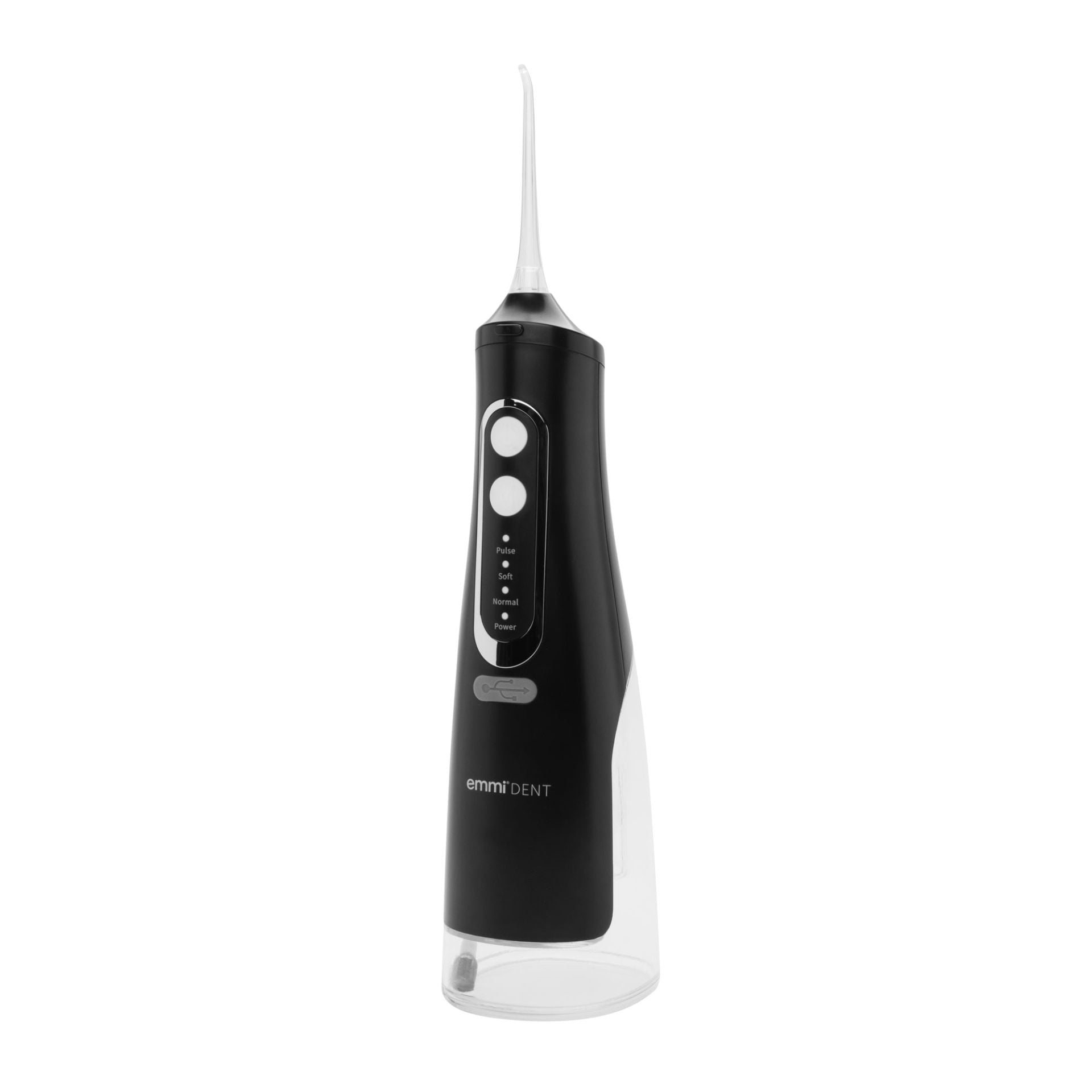Brushing teeth is a natural part of everyday life for most people – first thing in the morning after waking up, last thing in the evening before going to bed. Yet, for many, a particularly sensitive problem persists: bad breath. Even those who brush their teeth regularly, thoroughly, and with a clear conscience sometimes find that their breath isn't as fresh as it should be.
Bad breath – medically known as halitosis – affects more people than you might think. It's a taboo subject in public, but in private, it's a quiet but constant source of anxiety. People who suffer from persistent bad breath often feel inhibited: in conversation, when smiling, around others. And their self-confidence often suffers as a result.
In over 80 percent of cases, the cause isn't poor hygiene or neglect—it's hidden areas of the mouth that are difficult to reach with conventional dental care. Plaque on the tongue, bacterial deposits in gum pockets, tonsil stones, or impaired saliva flow—all of these can prevent breath from staying fresh, despite the best care.
The good news: With targeted attention, in-depth knowledge—and the right technology—this can be changed for the long term. In this article, we'll show you where the invisible causes of bad breath really lie —and how, with the modern emmi-dent Slim ultrasonic toothbrush, you can finally feel good about breathing, speaking, and smiling.
Bad breath is not the same as bad breath
A hint of garlic in your favorite meal, a glass of red wine in the evening, or simply your morning breath – all of these can temporarily cause an unpleasant odor in your mouth. But this is completely normal and usually harmless. Temporary bad breath can usually be eliminated quickly and easily with a mouthwash, sugar-free chewing gum, or the next time you brush your teeth.
However, the situation is quite different with persistent or recurring bad breath that cannot be completely eliminated even with regular brushing. Experts refer to this as halitosis – a condition that affects far more people than generally believed. Studies show that up to one-third of the population suffers from chronic bad breath at some point in their lives.
The causes are usually not poor hygiene, but rather microscopic bacteria that find ideal living conditions in certain areas of the oral cavity. They decompose proteins from saliva, food residue, and dead cells – producing so-called volatile sulfur compounds (VSCs) , which cause the characteristic unpleasant odor.
What's particularly insidious is that these bacterial colonies prefer to live in places where conventional toothbrushes can hardly reach – deep in the tongue grooves, in gum pockets, on the tonsils, or on rough denture surfaces. Even thorough brushing can only reach them superficially , while the actual source of bad breath remains.
To combat halitosis permanently, you need more than just toothpaste with a fresh taste: you need targeted, gentle deep cleaning – for example, with real ultrasonic technology, such as that provided by our emmi-dent Slim ultrasonic toothbrush .
The most common causes – and why they are so easily overlooked
Many people are surprised when unpleasant bad breath persists despite thorough brushing. But the answer often lies where you don't immediately see: away from the tooth surfaces . The oral cavity is complex – and many odor-producing processes occur in places that are difficult or impossible to reach with a toothbrush. The following causes are particularly common – but just as often overlooked.
1. Tongue coating – the forgotten bacteria carrier
The tongue is the largest organ in the oral cavity – and a veritable playground for odor-causing bacteria. Between the countless tiny papillae on its surface , food debris, dead cells, and microorganisms accumulate daily, forming a thick coating. This coating often appears whitish or yellowish – yet remains unnoticed because we don't directly notice it when brushing.
The problem: This tongue coating is not only unsightly, but can also release intensely smelling sulfur compounds that toothpaste alone cannot neutralize.
Tip: Incorporate tongue cleaning into your daily routine. A tongue cleaner attachment reliably removes plaque . Especially effective: the ultrasonic function directly on the tongue – gentle, painless, and deeply penetrating .
2. Tonsil stones – small deposits with a big impact
Anyone suffering from persistent bad breath, even when their teeth and tongue are spotlessly clean, should take a look at their tonsils. Tonsil stones (also called tonsil stones) can form there in the small crypts and grooves – tiny, whitish-yellow nodules made up of a mixture of saliva, exfoliated cells, food debris, and bacteria.
They often go unnoticed until their intense, foul odor catches your attention. Even the smallest tonsil stones can cause a strong breath odor.
Note: Individual stones can usually be gently squeezed out or dislodged by gargling. However, if they occur frequently or if the deposits are deeper, an ENT examination is recommended—especially if bad breath persists despite consistent oral hygiene.
3. Dry mouth – when saliva is missing
Saliva is the unsung hero of our oral health. It rinses away food debris, neutralizes acids, and keeps mucous membranes supple. However, with age, certain medications, or even stress, reduced saliva production (xerostomia) can occur. And this is precisely what promotes bad breath: where there is no natural rinsing, bacteria and plaque can spread unhindered.
This problem is particularly prevalent at night – many people wake up with an unpleasant taste or dry mouth.
What helps:
- Drink regularly and sufficiently (preferably still water)
- Promote chewing – e.g., by using sugar-free chewing gum or dental care chewing gum
- Use of alcohol-free mouthwashes that do not dry out the mucous membranes
- A particularly gentle dental care that does not irritate the sensitive oral flora – like the emmi-dent ultrasound technology
4. Stomach and digestion – when the origin lies deeper
Even though the majority of cases originate in the oral cavity itself, another area should not be overlooked: the digestive system . In some cases, bad breath has nothing to do with inadequate oral hygiene—it is a symptom of an internal cause.
Possible triggers:
- Reflux disease (heartburn): Rising stomach acid can travel through the esophagus into the throat and cause unpleasant odors.
- Helicobacter pylori: This stomach bacterium is suspected of causing bad breath in addition to stomach problems.
- Liver or kidney problems: In very rare cases, “bland” or “urinary” breath can be an indication of an underlying metabolic problem.
Important: If bad breath persists despite careful dental care, tongue cleaning, and mouthwash—especially in combination with symptoms such as bloating, nausea, a tickly cough, or general malaise—you should consider consulting a doctor. Only knowing the cause can help you take targeted action.
What you can do – immediate help & daily routine
1. Professional teeth cleaning twice a year
Even with the best home care , plaque can build up between your teeth or along the gum line . Have it removed regularly—especially if you're prone to bad breath.
2. Use the right toothbrush – no friction, no risk
The emmi-dent Slim is the ideal toothbrush for halitosis – because it works:
- contactless
- thoroughly in the gum pockets
- particularly gentle on irritations or inflammations
The resulting microbubbles penetrate even hard-to-reach areas—such as between teeth, on the palate, or in the grooves of the tongue. Bacteria that produce foul-smelling sulfur compounds are eliminated in a targeted manner —without any mechanical pressure.
3. Tongue scraper & ultrasound – unbeatable duo
Combine daily tooth brushing with targeted tongue care . Once a day is enough – and you'll feel the difference.
4. Mouthwash without alcohol – for more freshness
Many commercially available mouthwashes contain alcohol, which, while antibacterial, dries out mucous membranes. Better: alcohol-free versions containing chlorhexidine or essential oils , which have an antibacterial effect while retaining moisture.
Fresh breath starts with knowledge – and the right care
If brushing alone doesn't help with bad breath, it's worth taking a look behind the scenes. The tongue, tonsils, saliva, and intestines play a bigger role than many people realize. But with the right combination of knowledge, routine, and modern dental care, halitosis can not only be alleviated—it can be permanently prevented.
Our emmi-dent ultrasonic toothbrushes are your daily helper: gentle, deep-acting and effective – for a confident smile and fresh breath at all times.

